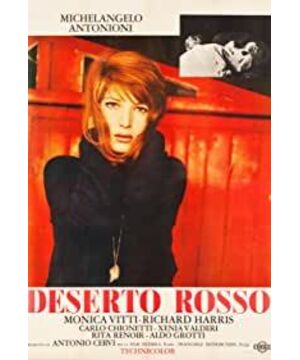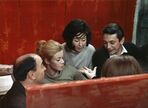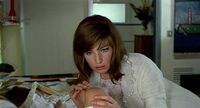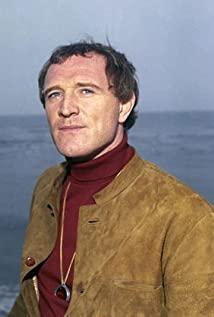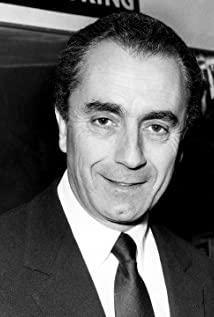Awe-inspiring things always keep a certain distance from us. I struggled to read it, but still couldn't get any closer.
The time and space, color, light, and the transformation of the lens in tranquility are not extravagant, but have a heavy power, so although I don't understand or like it, I remember it deeply.
For me the form is greater than the content.
But I didn't really like Antoniori's stuff.
Of course, the film's most famous use of light is indeed beautiful.
Psychological film. Because some of Julianna's feelings seem familiar to me, I don't reject mood films. What I hate is the gloomy and sticky atmosphere. Antonioli's films often give people a feeling of moss. It seems disrespectful to say that, hehe.
This is an enclosed space. The picture is as cold as the fog on an early winter morning, free of impurities, so clean that it makes people dread. Black factory building, gray sky, fine black sand on the ground, chimneys, smoke rising quietly from the chimney, sudden white smoke from the factory building, garbage, streets, fields, rivers, piers, Antonioli Everything under the camera is presented very quietly, even Julianna's nervousness is just a silent struggle, not a hysterical cry. But there is naturally a gritty breath that permeates the air outside the screen, as if within reach. The neurotic woman was finally on the verge of collapse in such a breath.
The only green is the deserted beach that Julianna paints for her sick son, the girl's own, but I prefer the field where she and Collodo walk, with a grey-blue sky and iron black. Trees, pools of stagnant water, everything reminds me of some Flemish painter's oil painting. (Hopema's "The Boulevard")
Also loved her conversation with Collodo, about leftists and rightists, and some of the seemingly rambling conversations that spread out of it.
Julianna seems to like leaning against the wall when she speaks, involuntarily wanting to grab or lean on something, I think what she lacks is a sense of security, the cold husband can't give, the son is still young, and his illness is something To a certain extent, it made Julianna feel relieved.
Then there is the last classic combination of color and mood, which expresses Julie's psychology delicately through the changes of light and color. I have nothing to say.
Antonioli's film is too far away from me, although I watched Julie on the screen lonely and helpless, I didn't feel any waves in my heart, I couldn't feel it, so I can only watch these exquisite and can make people in awe. Crazy light and shadow.
ps: I sincerely hope that Collodo can give Julie something, because the sentence he said "you don't know what to watch, and I don't know how to live" still moved me a lot.
7/1/04
View more about Red Desert reviews


